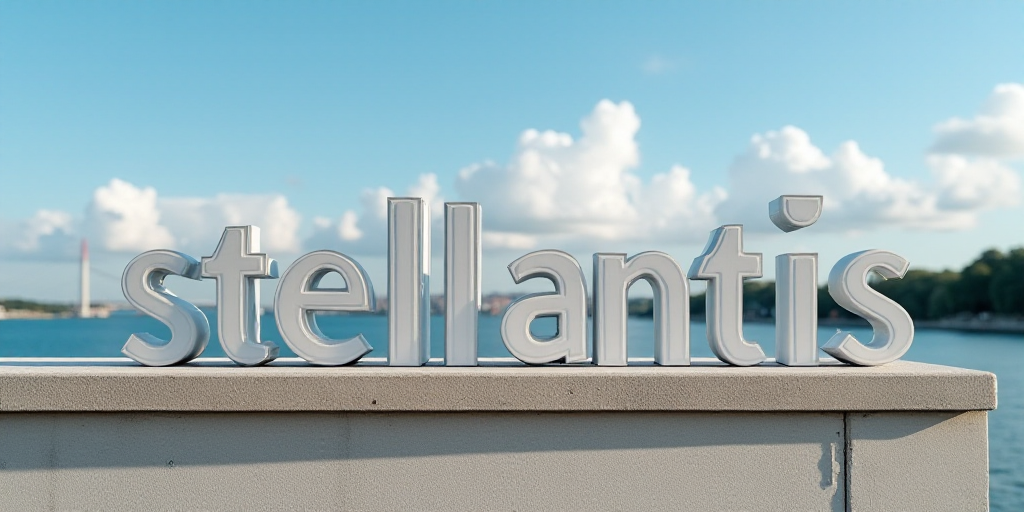Background on Stellantis and its Relevance
Stellantis, a multinational automotive manufacturing corporation, was formed in January 2021 through the merger of Fiat Chrysler Automobiles and PSA Group. The company brings together several well-known brands such as Jeep, Citroën, and Fiat. Stellantis is the fifth-largest automaker globally by sales, making it a significant player in the industry. Its operations span across North America, Europe, and Asia-Pacific, with a strong presence in Latin America.
Stellantis’ Production Plans in Brazil
João Irineu Medeiros, Vice President of Regulatory Affairs for Stellantis in Sudamerica, announced that the company plans to increase its vehicle production in Brazil this year. This decision comes despite market challenges, including high-interest rates.
In 2021, Stellantis produced approximately 900,000 vehicles in Brazil. Medeiros stated that the local market currently sells around 2.5 million light vehicles annually, with a target to reach 3 million by 2030.
Minimizing the Impact of US Tariffs
Medeiros believes that Stellantis is nearly immune to US tariffs against Brazil, as most of the country’s production caters to local demand. He explained that few vehicles are exported to Mexico, so the company’s primary market remains in Brazil and Argentina, with exports to Latin America.
“Our main market is here; we produce in Brazil and Argentina and export to Latin America. We have no direct impact from this situation,” Medeiros told Reuters.
Key Questions and Answers
- What is Stellantis? Stellantis is a multinational automotive manufacturing corporation formed in January 2021 through the merger of Fiat Chrysler Automobiles and PSA Group. It brings together well-known brands like Jeep, Citroën, and Fiat.
- Why is Brazil important for Stellantis? Brazil is a crucial market for Stellantis, as it produces and sells a significant portion of its vehicles there. The local market is expected to grow to 3 million light vehicles annually by 2030.
- How will Stellantis handle US tariffs on Brazilian vehicles? Medeiros stated that Stellantis is nearly immune to US tariffs against Brazil, as most production caters to local demand with minimal exports to Mexico.
- What are the current market challenges? High-interest rates are among the challenges Stellantis faces in the Brazilian market. However, the company plans to increase production this year.






